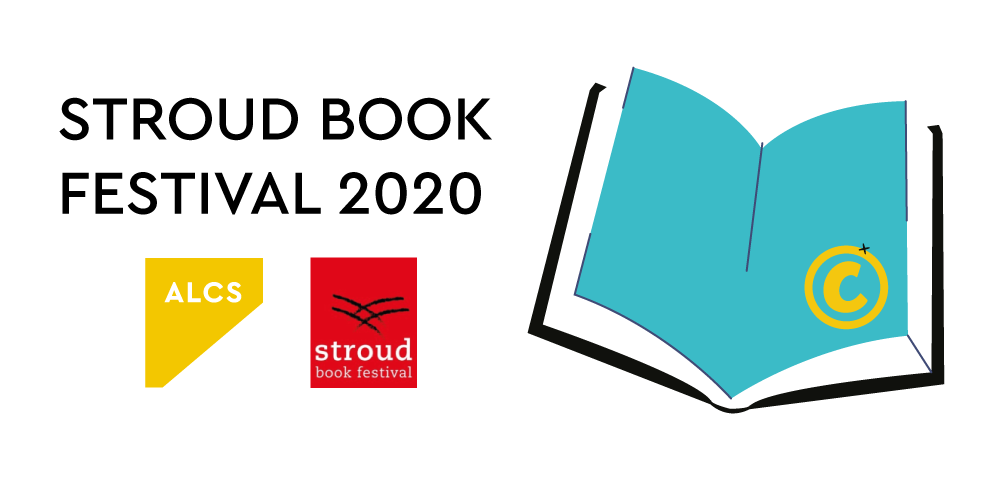SCHOOL OF THOUGHT: ALCS & Copyright Education

Even if writing for children and young people isn’t part of your work, we’re always keen to keep members up to speed about what ALCS is doing to promote the principle of copyright to the next generation of readers and writers.
As part of our commitment to fostering an awareness of authors’ rights, we have developed or funded a host of engaging resources aimed specifically at educating young people about copyright.
On the ALCS website you can find downloads of copyright education leaflets, information booklets, lesson plans, projects and competitions we’ve produced or sponsored, aimed at different age groups. These include “A Young Writers’ Guide to Shakespeare” for 7–11 year olds and “Copyright Knights & Plagiarism Pirates”, also suitable for KS2 pupils. Why not mention them to a school near you?
alcs.co.uk/copyright-education
As part of our copyright education work, ALCS also sponsors events aimed at children and young people. For example, thanks to sponsorship from ALCS, this year’s online Stroud Book Festival (4–8 November) was able to stage a fantastic morning of virtual events for local primary school pupils. Prize-winning poet and guitarist James Carter presented a rhyming and fact-fizzing exploration of space, space travel, science and song; whilst Abi Elphinstone, bestselling author of The Unmapped Chronicles fantasy series told us how she creates the magical worlds that feature in her books and explained how her travels in our own world inspire her writing.
With almost 30 schools watching live, the events have since notched up more than 300 views by school classes across Gloucestershire, including for the first time this year a number of small rural schools for whom the prohibitive cost of transport has previously prevented them from attending physical Stroud Book Festival events.
All schools registering for Stroud Book Festival’s Schools’ Day were sent information on ALCS’ copyright education materials, aimed at exploring the importance of copyright with pupils in KS2 and KS3: what it means, what it does, and how it benefits creators, readers and viewers.
